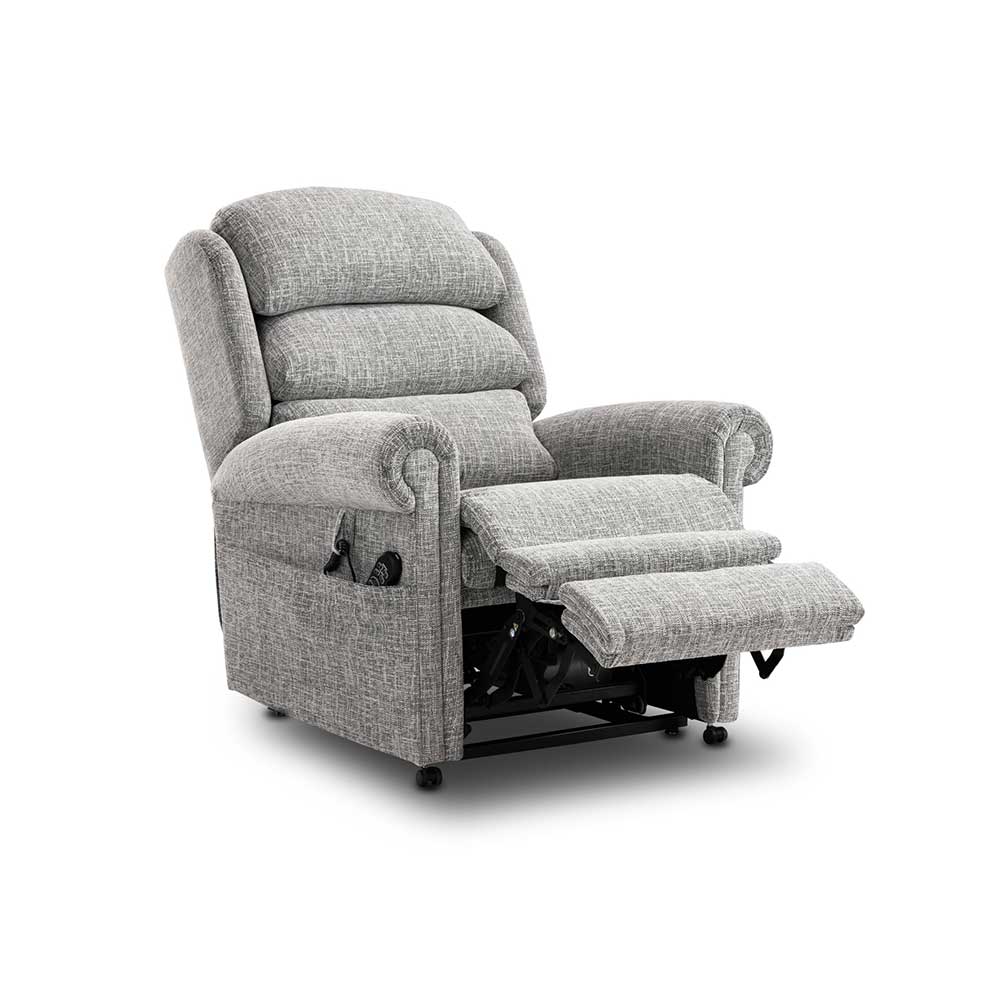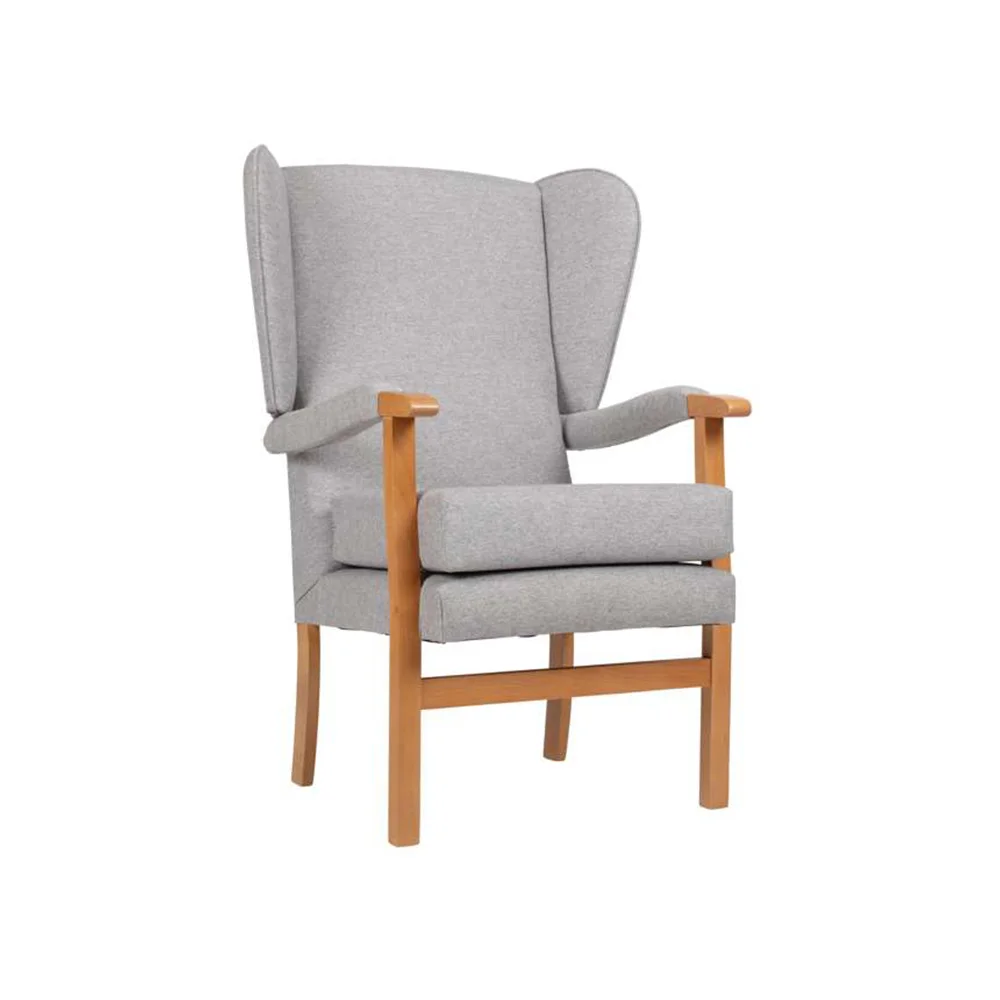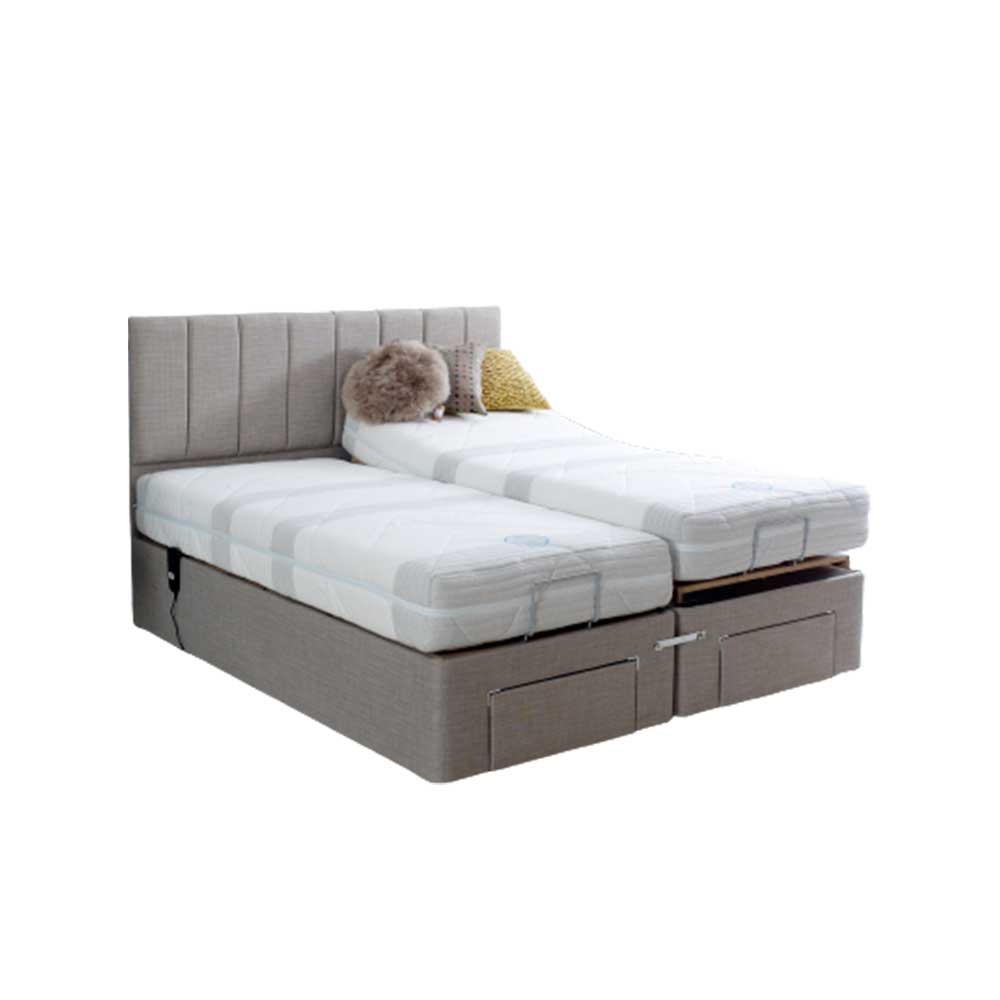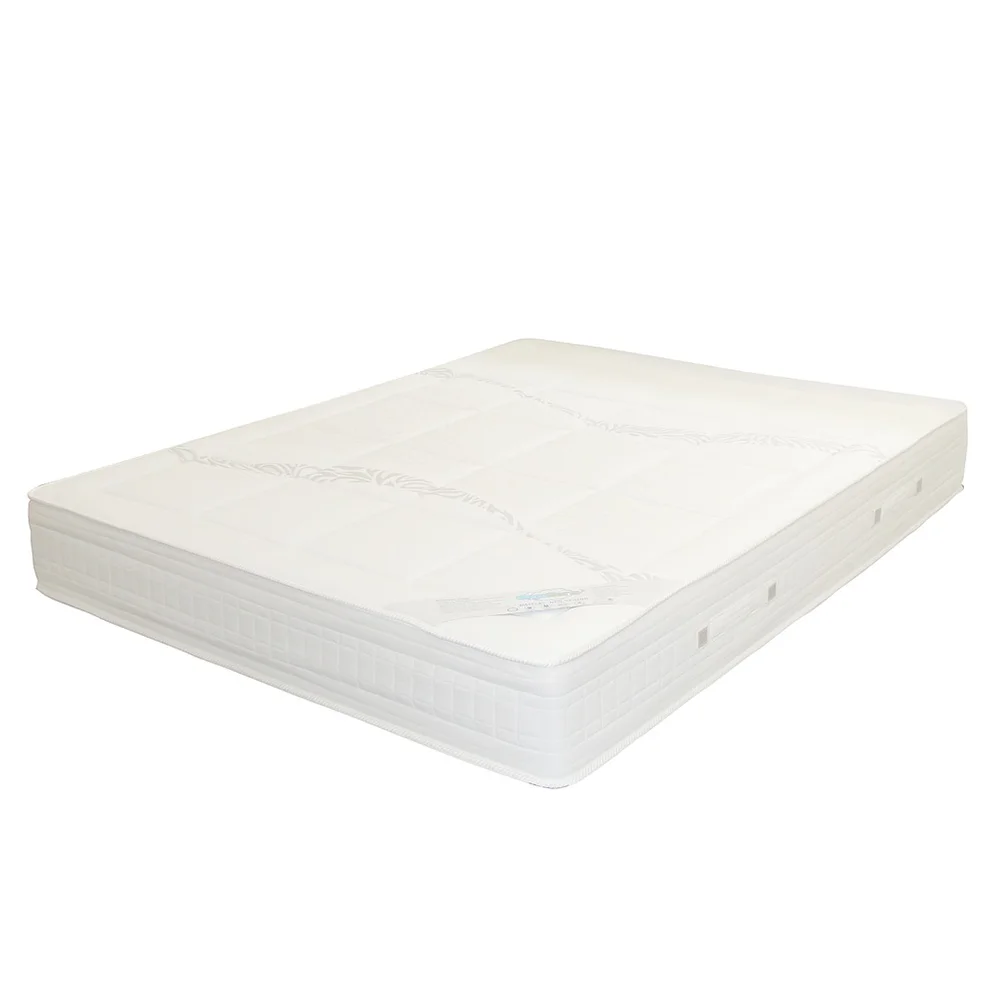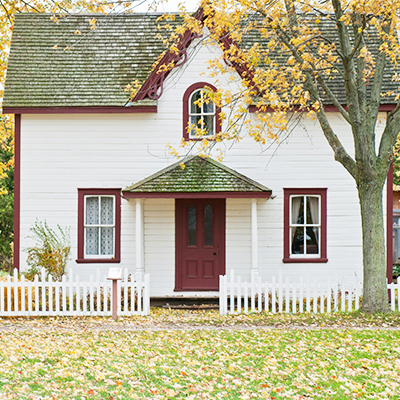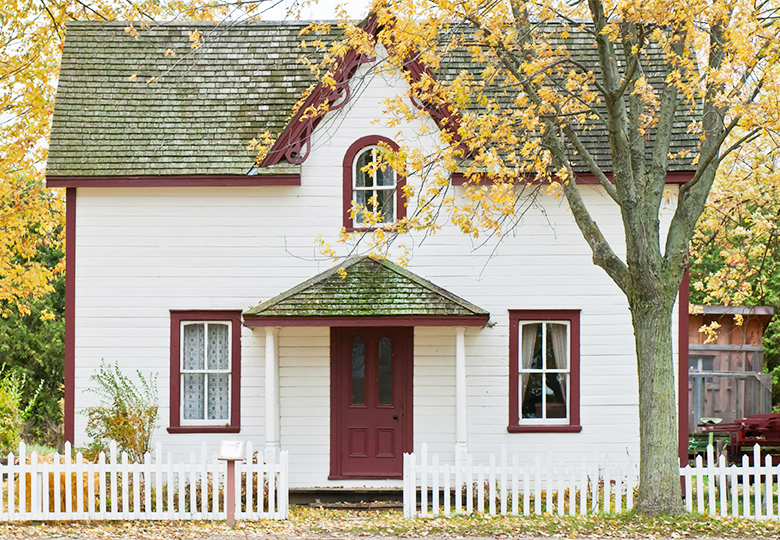
Latest information from March 2025
What Are DFGs?
A DFG (Disabled Facilities Grant) is a grant provided by local authorities to cover the cost of adapting a home or property for use by a disabled occupant. Disabled Facilities Grants differ slightly based on which council or local authority an applicant falls under, but as a general rule they are means-tested (unless the disabled person is a child under the age of 19) can be applied to properties that a disabled person either owns or is a tenant of, and requires the recipient to plan to live there for a certain period of time – though this is not always the case, such as with adaptations made for those with terminal illnesses.
Though the specifics of applying for this type of funding differ from authority to authority, to apply for a DFG, an applicant must:
- Be over 18 years of age.
- Have permission from the property owner, if they are not the property owner themselves.
- Either be the person who would benefit from the adaptations, or be acting on their behalf with permission.
- Make sure the benefiting party (either themself or the person they are submitting the application on the behalf of) has a disability.
How Much Can a DFG Award?
Disabled Facilities Grants are available in England, Wales, and Northern Ireland. How much you can receive usually depends on your household income, and if you have savings over £6,000. You can apply for £30,000 in England, £36,000 in Wales, and £25,000 in Northern Ireland. Some local authorities may choose to award more, in special circumstances.
Because DFGs are means tested, you may be expected to contribute partially towards the cost of the adaptations if you have over £6,000 in savings, or depending on your household income, but the contribution amount and other factors will be specific to the DFG guidelines of your local authority. You can apply for another grant on the same property if the disabled occupant’s condition and needs change.
You will either be paid in installments or in full once you and the council are happy that the work is complete. Alternatively, you may be able to arrange direct payment to the contractor from the council, or to receive checks with which to pay the contractor. Regardless of how and when you are paid, you will need to keep ahold of all receipts and invoices related to the work done.
Read GOV.UK’s full webpage on what you will get through a Disabled Facilities Grant.
Who Is Eligible?
Any disabled person could be eligible for a DFG. The criteria for classification as disabled specifies that one must have substantially impaired sight, hearing, or speech, any kind of a mental disorder or impairment, or physically substantially disabled, whether that be since birth or a later development due to illness or injury.
Accessible Home Adaptations
The grants cover a range of things, and each authority will have their own way of outlining exactly what you can apply for a DFG for. In essence, the grant is to improve the quality of life, safety, and unrestricted mobility a disabled person has at home, so they can continue to live as independently as possible. In our ‘Everything You’re Entitled To As A Disabled Person’ guide, we gave a few examples of the kind of adaptations you can expect a DFG to cover, including:
- Installing ramps and rails
- Creating wet rooms
- Adding a lift or stairlift
- Converting downstairs space into a bedroom
- Building a ‘granny annex’ on ground floor level
- Adding equipment such as hoists in bathrooms or bedrooms
- Making space for mobility aid use around the house, by removing walls or widening doorways
- Constructing secure storage for outdoor-use mobility aids, e.g a weatherproof, accessible shed for mobility scooters with outdoor charging nearby
- Assistive technology
For any work that would require planning permission – such as building a ‘granny annex’ or adapting a garage into a downstairs living/sleeping/wet room – you will need to apply separately for planning permission.
Disabled Facilities Grants by Area: Local to Modern Mobility
As a business with shops located in these four areas, we have rounded up the relevant contact details for those interested in DFGs living in Blackburn, Clitheroe, Chorley, and Leicester. These contact details will direct you to the relevant local authority channels to find out more about how to apply for a Disabled Facilities Grant in your area.
DFGs in Blackburn
In the Blackburn area, Disabled Facilities Grants are handled by Blackburn with Darwen Council’s Independent Living Service. They can be called on 01254 587547.
Be sure to specify on the call that you want to be directed to the Independent Living Service.
When looking to apply for a DFG on behalf of a disabled child, call Children’s Social Care Occupational Therapy Service 01254 283 103 to request an Occupational Therapy assessment for a Disabled Facilities Grant application.
DFGs in Clitheroe
If you are based in Clitheroe, both child and adult DFGs are handled by the same department.
Contact Social Services and request an assessment from the Occupational Therapist (OT) on 0300 1236 720.
Although Lancashire County Council operates the Social Services or Occupational Therapy service you will initially need to contact, if the OT team determines any work needed will surpass £1,000, it will be referred to, and handled by Ribble Valley Borough Council Housing Department.
DFGs on Leicester
For those in Leicester, contact your local Occupational Therapy service on 0116 454 5130 and ask for a home assessment. Mention you have a desire to apply for a Disabled Facilities Grant when requesting this assessment.
DFGs in Chorley
For disabled Chorley adults, contact Lancashire County Council Social Services and request a visit from the Occupational Therapist for a home assessment on 0300 1236 720
If the disabled occupant is a child, the South Lancashire branch of Lancashire County Council’s Inclusion Service should be contacted instead. Reach them at Inclusion.South@Lancashire.gov.uk or by calling.
Please bear in mind that most of these services are likely to only operate phone lines on weekdays and within traditional working hours. For further details on when and how best to contact these services, please check with the organisations directly.
Planning Your DFG Application
When planning your application for a Disabled Facilities Grant, make sure you have the exact criteria for your local authority, so you can adhere your application as closely to their specifications as possible.
You will need to know exactly what you would like doing to your dwelling, and be able to justify how it would help you or the disabled occupant in line with what the criteria dictates. You will also need to know the costs, what portion – if any – you will have to contribute, and be able to affirm why you/the disabled occupant plan to live in the residence once the adaptations are complete for the required length of time (usually between 5 – 10 years). It may not always be necessary, but it would be good to know exactly which contractor or mobility specialists will carry out the work, and a rough idea of how long the work is expected to take. If you have a contractor in mind, it may also be worth asking them about disability VAT exemption in terms of what they quote for their services.
Your local social services should be able to refer you to the right local government department to help you through the planning and application process.
Free Home Assessments
Need help adapting your home? Wondering if a stairlift, handrails, or any other daily living solutions could improve your independence around the house? With Modern Mobility’s FREE, no-obligation home assessments, you can find out more about what we may be able to do to transform your home into a space that works for you again.
- Get in touch with us, either online, by calling your local Modern Mobility store, or by visiting us in-person.
- We’ll confirm a date and time frame to visit that suits you. We will then assess your home; taking measurements, making sure your home’s layout and structure can support the adaptations you’re interested in.
- After the assessment, we will advise what we think will work best for you, based on your needs and your home.
- Once you’re happy with the recommendations, we can arrange an installation date and confirm a price, or simply send you an invoice detailing the work and products we have agreed on.
- Once your mobility solution is installed, we’re always just a phone call away. If your item requires services or maintenance and upkeep – such as a stairlift – we’ll be sure to stay in touch and arrange appointments with you when the time arises.
Get in touch with us to find out more and arrange your own free home assessment with our friendly, patient, mobility experts.

